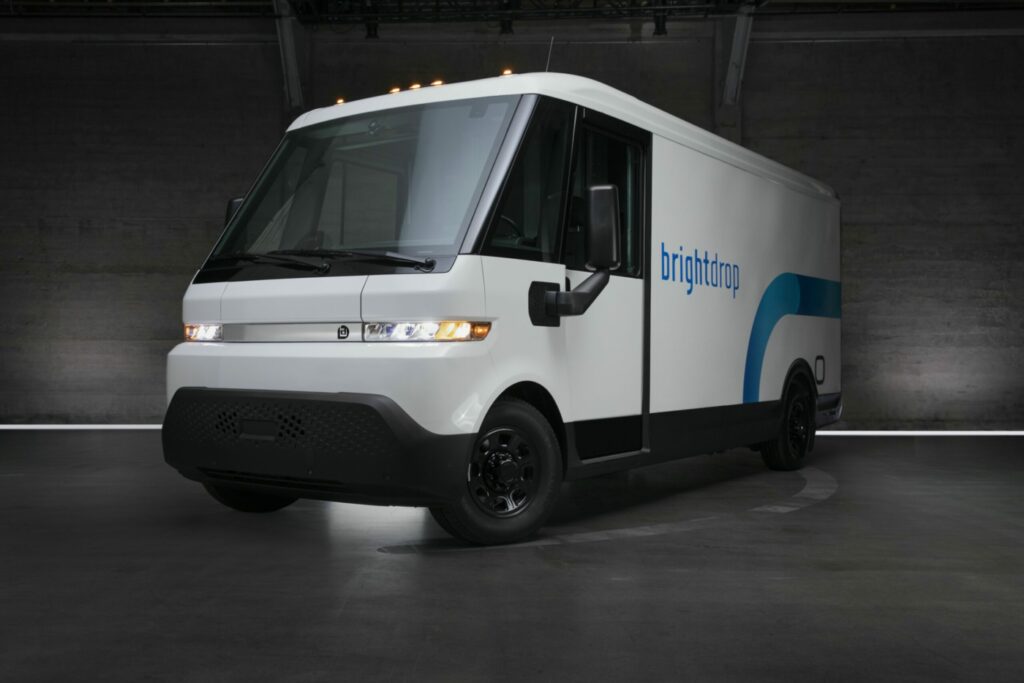
Electrifying trucks would significantly reduce tailpipe emissions in India
With battery advances, it’s time to transition trucks from diesel to electric, researchers say
A paper from UCLA and the Lawrence Berkeley National Laboratory argues that now is the time for India to begin transitioning from diesel to electric trucks — cutting emissions to slow climate change while improving air quality in some of the most polluted cities in the world.
In developing countries, a majority of vehicular emissions come from diesel-powered freight trucks rather than personal vehicles. They account for 57% of petroleum use in India, a country that imports 88% of its crude oil.
“It’s more important that we find trucking solutions than car solutions in India,” said UCLA associate professor Deepak Rajagopal, lead author of the paper (PDF). “Diesel trucking contributes disproportionately to air pollution in congested cities.”
Even with the current coal-heavy mix of power from the energy grid, form which battery-powered vehicles charge, electric trucks would reduce greenhouse gases by 9% to 35% depending on the size and class of the truck.
Beyond environmental benefits, there are strong economic and political incentives to make the transition. It would help both reduce and diversify energy imports, and reduce freight costs, the researchers wrote.
Before now, making this transition seemed less practical, Rajagopal said. But with advances in battery technology over the past 5-10 years, electric trucks are now cheaper over their total life than diesel trucks, while avoiding ups and downs of the international oil market. The cost of vehicular batteries in 2021 was less than one-fifth of their cost in 2013 ($132 per kilowatt hour compared to $684 per kilowatt-hour).
That trend will almost certainly continue, Rajagopal said.
“Batteries will get lighter. You will be able to charge faster. Electricity is going to get cleaner. Batteries will also be able to have a second life in home charging, so they won’t get dumped in landfills.”
Despite these new realities, industries can be slow to change on their own, Rajagopal said. He and his co-authors argue that sustained public policy support will be needed to jump-start the electric truck transition. Subsidies could incentivize early adoption for the trucks, which have a higher up-front cost than diesel vehicles. Later, regulations to require large fleet owners to include a certain number or percentage of electric trucks could help maintain momentum, the authors suggested.
Such as scheme would fit well into overall environmental policy direction of India, Rajagopal said. The country has passed laws to fund electric vehicle charging infrastructure and committed to add 450 gigawatts (just one gigawatt is enough to power 9,000 Nissan Leafs).
The authors project that similar investments in electric trucks will draw sustaining private investment within 10 years.
Along with coal-fired power plants and factories, vehicles contribute to a crisis where 90% of India’s population lives in areas where air quality is below World Health Organization standards. On Friday, Nov.4, 14 cities had air quality ranked as “severe” the worst of six categories. Taking diesel trucks off the road will improve the problem while also playing a small part in slowing the advance of climate change.




